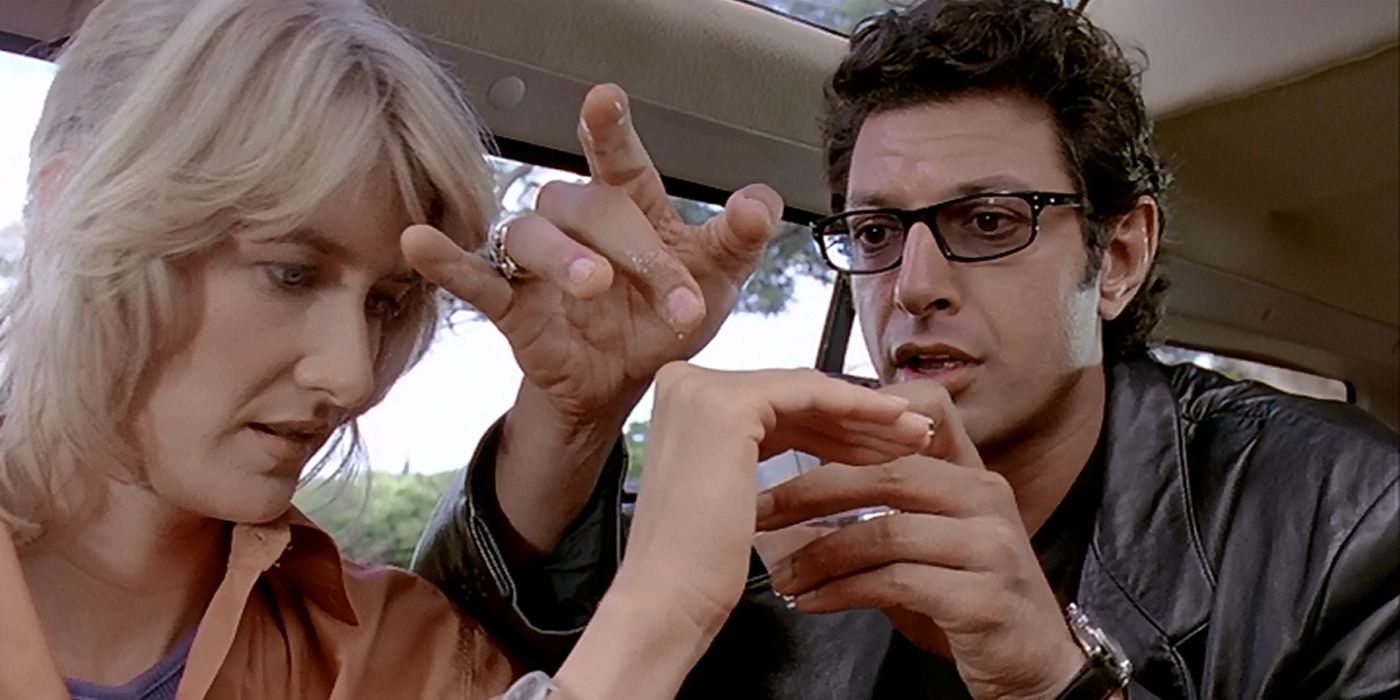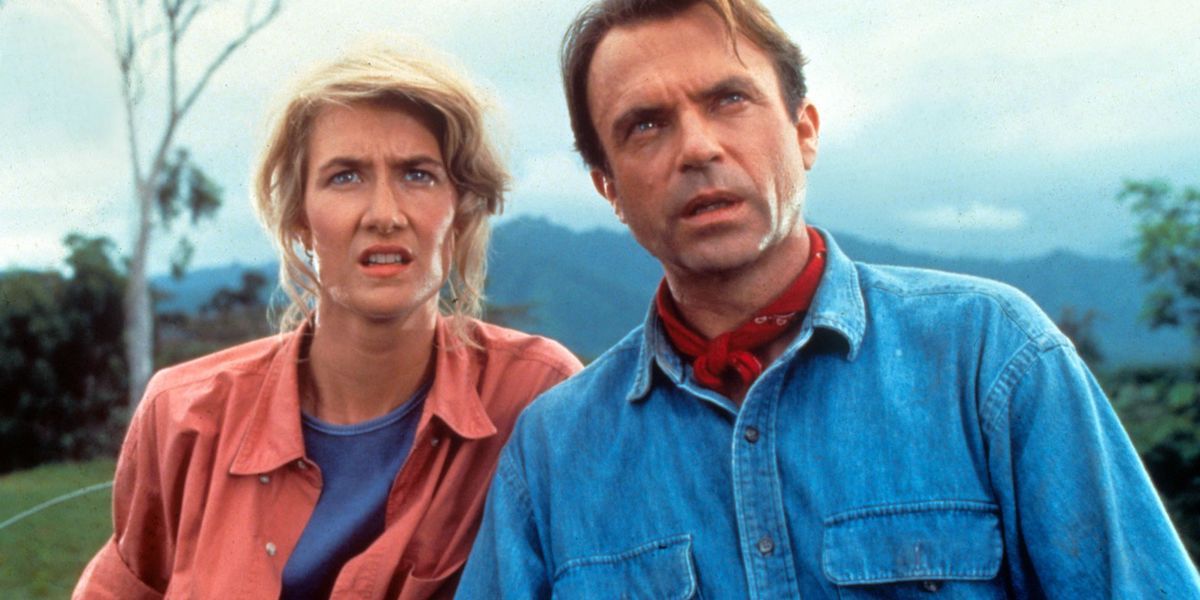Michael Crichton was a literary force, with a massive number of his plots being adapted into movies and franchises. One of the most significant is Crichton's Jurassic Park, which is a tale warning against playing God and trusting only the tools at one's disposal over common sense. What's slightly problematic is that Crichton, for all of his writing mastery, generally made women punching bags in his stories.
Many of the movie adaptations of Crichton's work attempt to fix this in one way or another, be it gender swapping or cutting out sequences that portrayed women as little more than damsels in distress. Steven Spielberg's rework of the Jurassic Park novel, though, changes a significant amount of the plot and makes the movie far more feminist, even though the movie still fails the Bechdel test -- the litmus test of feminism in movies.
Jurassic Park Miserably Fails The Bechdel Test

The Bechdel test is a quick way of seeing whether a movie has an element of feminist intent. The simple test requires three elements: First, two named female characters must appear in the same scene. Next, they have to have a conversation. Lastly, this conversation must be about something other than a man. From Guardians of the Galaxy to Rick and Morty, this test has been undertaken, and failed, by the vast majority of movies in media.
Jurassic Park is among these failures. There are only two (human) female characters in the movie, and these conversations either concern the men around them or happen off-screen. In fact, other than an implied conversation at the beginning of the movie and a few throwaway lines near the end of the movie, the characters hardly speak to each other at all. By this quick test, then, Jurassic Park fails the Bechdel test.
Jurassic Park Is Feminist in Spite of This Failure

This failure of the Bechdel test actually serves to prove that the litmus test of feminism is just that: a quick test that is good for speed but doesn't get into the deeper elements of feminist theory. Feminism is about representation, but it is also about the abilities of women as agents and the relevance of feminine roles in society. In spite of its failure of the Bechdel test, Jurassic Park has the latter elements of feminist theory in spades.
Take, for example, Dr. Ellie Sattler. At one point, Sattler scoffs at John Hammond's well-meaning misogyny and goes to essentially save the day when neither of the men in the complex can. Though not played up as a feminist moment, the role of the woman is not to take care of the sick man in the room or to sit in a corner worrying over her love interest. Similarly, the traditionally maternal role of caring for children and keeping them safe and fed is not given to the woman in the story, but to her male companion who has indicated his disdain for children. Essentially, Spielberg's male protagonist is not "manly," but forced by his conditions to become doting and loving, a subversion of the action genre and the original novel.
Even the girl child, Lex Murphy, engages in roles that are not traditionally feminine throughout the movie. Her athleticism is emphasized, as is her skill with computers. The sports skills are an invention of Spielberg, but the tech abilities are taken from the novel, wherein Tim, Lex's older brother, is a computer whiz. Spielberg intentionally swapped the ages of the characters, and the computer skills were likewise swapped with the age. Again, the roles of women in media -- scared, doting maidens in distress -- are generally reserved for Tim.
All in all, the movie version of Jurassic Park emphasizes the roles of women as both diverse and indefinite. This challenges and dispenses with Crichton's gender essentialism and replaces it with an encouraging message for women watching the movie. Instead of being relegated to the sidelines, women can actually be on the front lines, even if there isn't any time to talk to each other enough to pass the Bechdel test.


